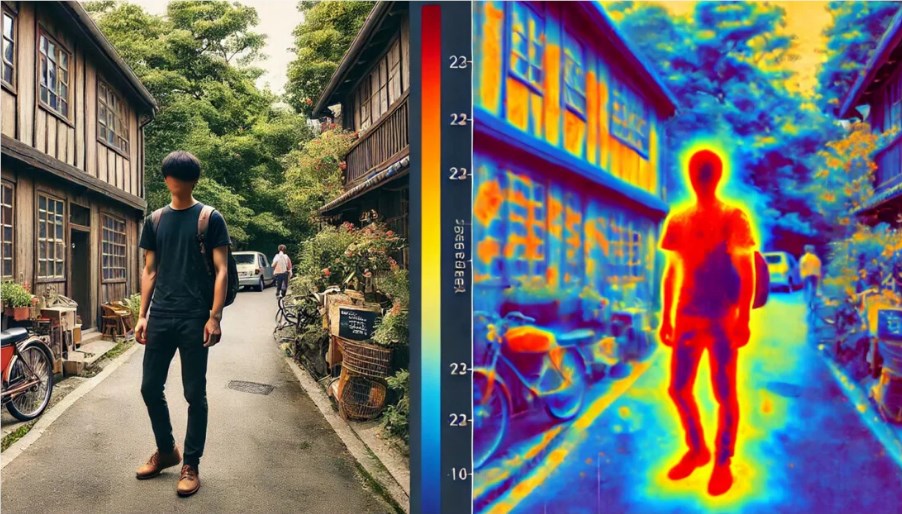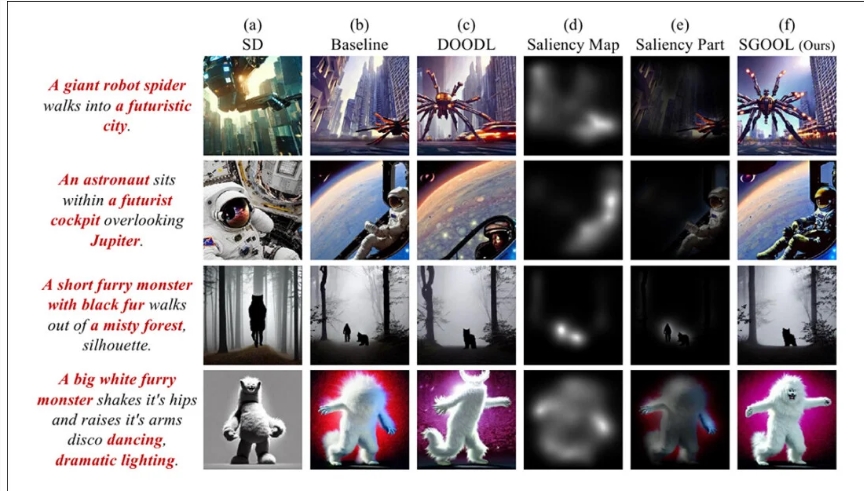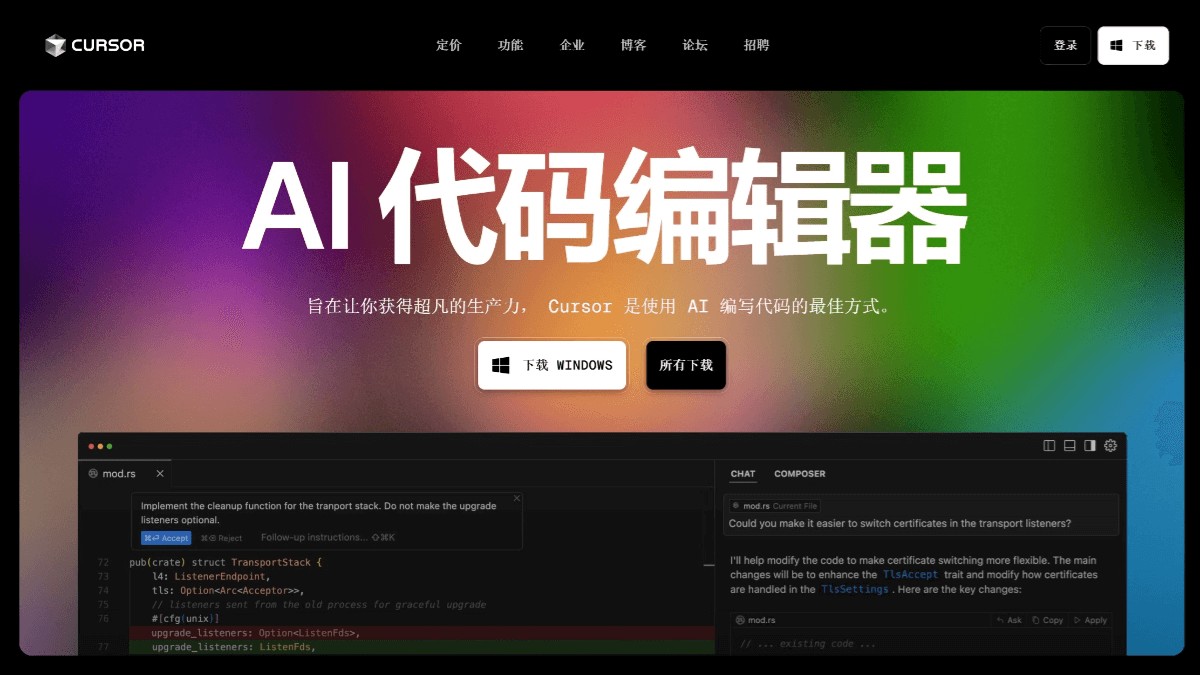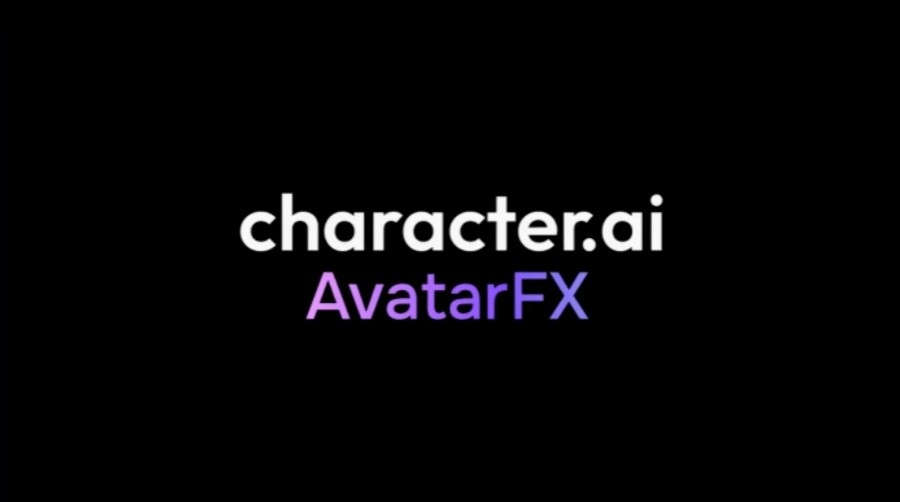Recently, a Chinese scientific research team published research results and proposed an innovative image processing technology that significantly improves the quality of image generation by simulating the human visual attention mechanism. The research results were published in an international academic journal.
This new technology, called saliency-guided diffusion potential optimization (SGOOL), applies human visual psychology characteristics to the field of image processing for the first time. Unlike traditional methods, this technology is able to identify and prioritize the areas in an image that attract the most attention, which closely matches the way humans see things.

The research team explains that humans tend to preferentially focus on specific areas when viewing images. For example, when looking at a portrait, people naturally focus on facial features rather than background details. New technologies are developed based on this characteristic of human vision.
To verify the effectiveness of the new technology, the research team conducted large-scale tests. Tests on three public datasets show that this technique outperforms existing methods in both image quality and content expression. Especially in the human perception test involving 100 volunteers, the images generated by the new technology received the highest ratings.

The research team stated: This technology achieves image processing effects that are more in line with human visual perception by balancing local details and overall consistency. This technology also has the advantages of plug-and-play, high memory efficiency, and can be widely used in the field of image processing.
Experts believe that this research not only achieves a breakthrough at the technical level, but more importantly creates a new paradigm for applying human cognitive characteristics to image processing, providing new ideas for the development of related fields.



